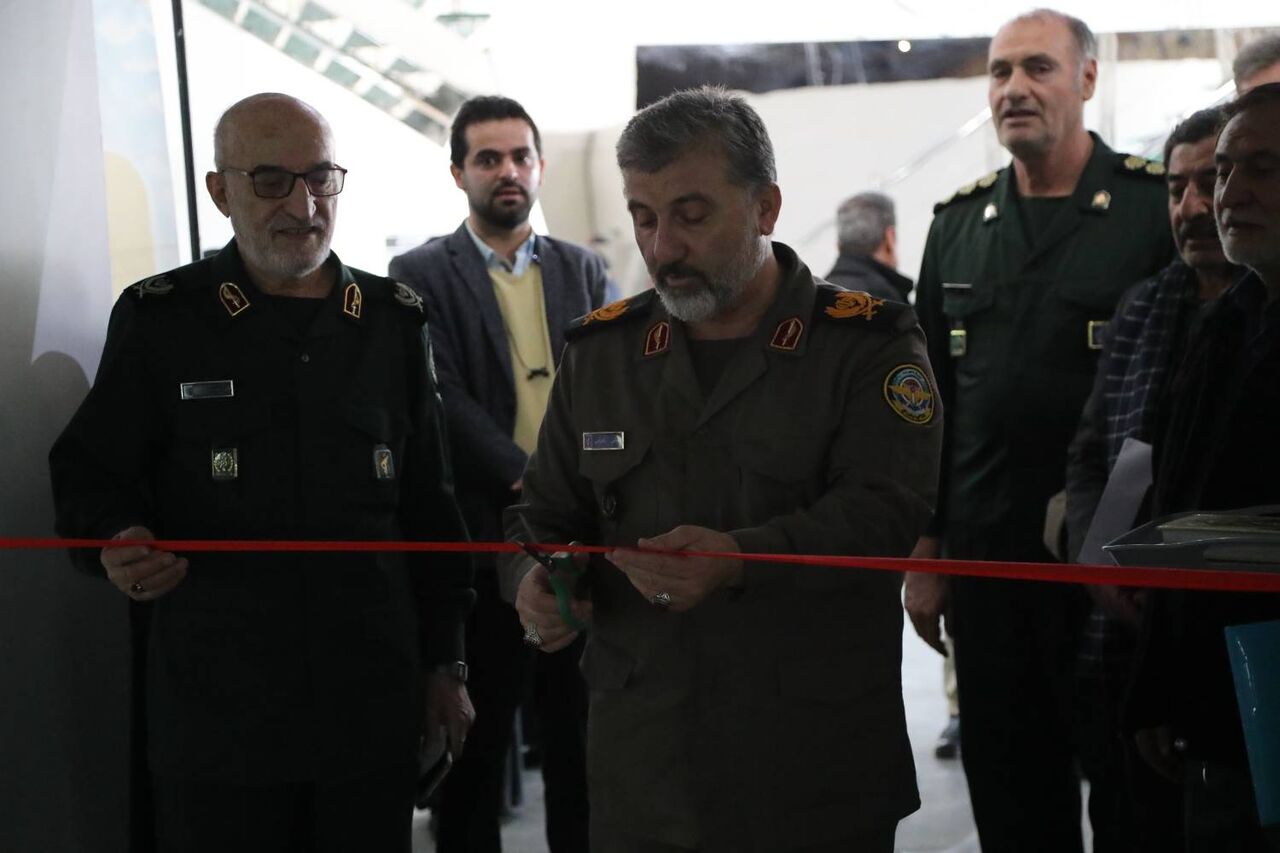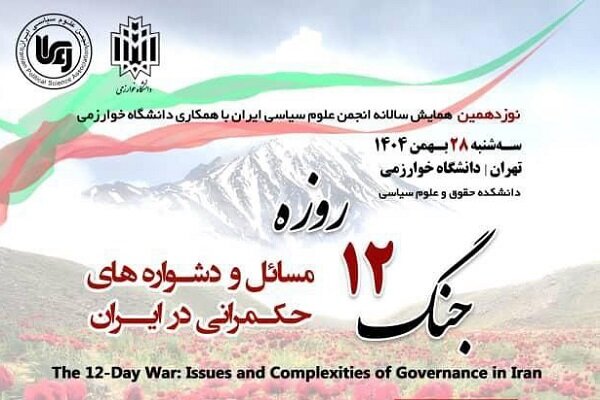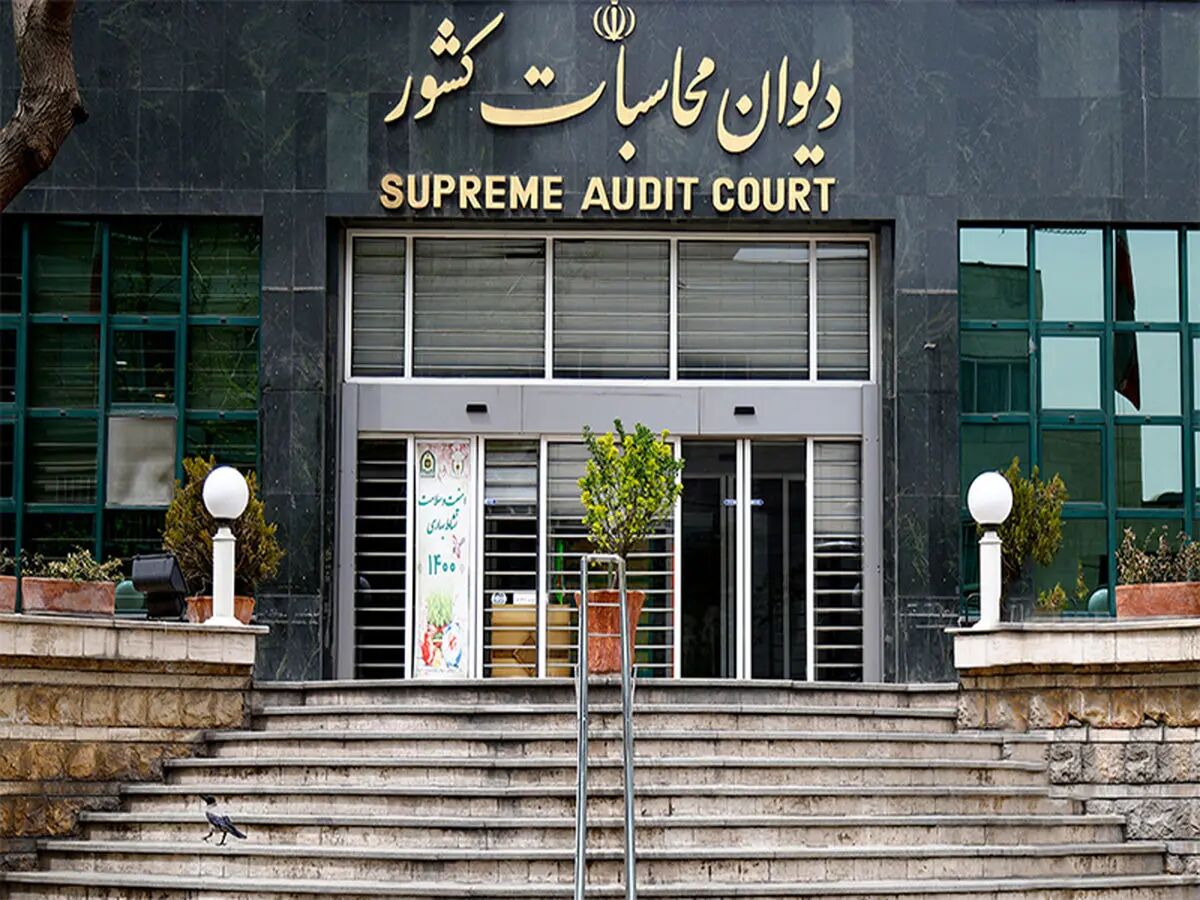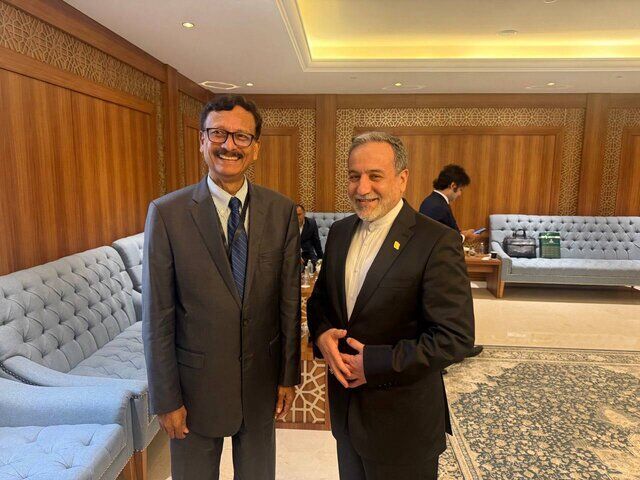Lawyer challenging Schedule 7 law says police tried to access his daughter's phone
Lawyer challenging Schedule 7 law says police tried to access his daughter's phone
When Fahad Ansari set off for home from a family holiday in Ireland, the last thing he expected was to be surrounded by police officers and detained in front of his wife and four children.
For more than two decades, Ansari has defended those at the sharp end of the UK's counterterrorism apparatus - clients stripped of British citizenship, detained without charge, or threatened with deportation based on secret evidence.
But this time, Ansari found himself targeted by the same laws he has spent decades describing as "unjust" and "corrupt".
"They wanted to make an example of me," Ansari told Middle East Eye in an exclusive interview.
"This was not about security. It was about intimidation – a message that anyone who challenges state power can be treated as a suspect."
For Ansari, the detention turned into a personal attack.
Having been a solicitor who has represented politically sensitive clients for decades, he believes the state targeted him not just as a citizen but in response to his legal work – most notably deciding to represent the Palestinian militant group Hamas pro bono in its bid to challenge its proscription as a terrorist organisation in the UK.
"They were sending a message to lawyers like me: challenge the system and you will be scrutinised," said Ansari.
'They were sending a message to lawyers like me: challenge the system and you will be scrutinised'
– Fahad Ansari
Last August, Ansari had been driving home with his family after a short break in Ireland, where he grew up, when North Wales Police pulled them over at the port of Holyhead as they disembarked from the ferry.
Ansari initially thought it was a routine stop, but within minutes it became clear that something else was happening.
North Wales Police informed him that he was being detained under Schedule 7 of the Terrorism Act, one of the most controversial powers in British law.
The measure allows police and border officials to stop, question and search individuals without suspicion – often for hours – and seize their personal devices in the name of finding terrorists. Refusing to comply is deemed a criminal offence and can result in imprisonment.
"My four children were watching from the back seat," Ansari recalled.
"They saw their daddy being treated like a criminal. That's the image they'll remember – not the holiday, but police surrounding our car."
Sensitive legal information at risk
While the police claim that Schedule 7 does not target individuals, Ansari felt otherwise when he saw his car's registration number written on the hand of one of the officers who detained him.
During his three-hour detention, the police took a DNA sample and his fingerprints, and confiscated his phone, telling him to deactivate the device's face ID and pin code or face arrest.
Ansari was particularly concerned that sensitive, legally confidential information on his phone could now fall into the hands of the state, potentially putting his clients at risk.
Officers went on to question him about his hobbies, what books he read, his views about Palestine Action – the direct action group opposing the UK’s complicity in Israel's genocide in Gaza, and which in July was controversially proscribed as a terrorist organisation – as well as asking him about the mosques he attends, the war on Gaza, pro-Palestine protests he attended, and Hamas.
Ansari thought the worst was behind him. Then his daughter's phone pinged days later, with a message saying her father was trying to access it. There was one problem: Ansari's phone was still with the police.
"That's when I knew the police were actively going through my phone," said Ansari.
"It's one thing to target me, but to try to target my daughter... it made me angry more than anything else."
For Ansari, the experience was chilling, but an eye-opener into what his clients go through when stopped by the police under Schedule 7.
"Hearing about my client's experiences is one thing, but having to be in their situation is completely different," said Ansari.
"I was taking mental notes for my clients on how to help them when they encounter this situation."
Legal challenge
The experience led Ansari to launch legal action challenging his Schedule 7 stop and the police's right to access his phone, arguing that such access would breach legal privilege, which protects confidential communication between lawyers and their clients and is a cornerstone of the British justice system.
While the judicial review is set to take place early next year, Ansari's legal challenge has already hit a stumbling block, after the High Court denied him interim relief.
'When you do this kind of work… your family feel it too – every stop, every stare, every time the doorbell rings unexpectedly'
– Fahad Ansari
That ruling meant police-appointed solicitors could access Ansari's work phone without his consent in order to assess what is and isn't legally privileged information.
"Once that line is crossed, it undermines the entire foundation of trust between a lawyer and their client,” said Ansari.
“How can anyone accused of terrorism or political offences expect a fair hearing if their solicitor knows their private communications could end up in the hands of the very agencies prosecuting them?”
Ansari believes the episode was prompted by his role representing Hamas in its bid to be de-proscribed as a terror organisation.
He has made clear that he has taken no money from Hamas, given that taking funds from a proscribed organisation is illegal under British law.
But he acknowledges that working on the case, based on questions of international law and the UK's complicity in Israel's war on Gaza, has come at a heavy personal cost.
"After I agreed to take on the case, I could feel the pressure building," he said.
"Friends warned me it would make me a target. My family was worried about what it might mean for our safety."
Ansari described the strain it placed on his wife and children, who had to live with the anxiety of knowing their father's work could draw unwanted attention from state authorities.
"When you do this kind of work, it doesn't just affect you," he said. "Your family feel it too – every stop, every stare, every time the doorbell rings unexpectedly."
'Everyone deserves a lawyer'
Since the start of the Hamas case, Ansari said he has received hundreds of death threats and been forced to adopt security measures to protect his family.
But he stands by the fundamental importance of his work.
"If people lose the right to be represented then what are lawyers for? Are we just here for people who haven't committed crimes?" said Ansari.
"Paedophiles, terrorists, murderers – they all have lawyers. War criminals have lawyers. [Israeli Prime Minister] Benjamin Netanyahu has got a legal team and he deserves a legal team. Everyone deserves a lawyer. It's a right to representation."
His legal challenge raises pressing questions about how Schedule 7 interferes with solicitor-client privilege, and whether the power – which allows the authorities to compel individuals to hand over their devices without suspicion – can ever be compatible with fundamental rights.
Under existing law, legal privilege is protected information. However, lawyers and civil liberties groups have warned that Schedule 7 grants the police broad powers to seize and search digital devices, often without adequate safeguards for privileged or journalistic material.
Ansari said the experience left him convinced that authorities are using it not for security purposes but to intimidate those who question state policies.
"The point of Schedule 7 isn't to find terrorists at ports," he said. "It's to remind people like me that the state is watching – that you can be stopped, searched, and humiliated at any time if you speak out."
For Ansari, the Holyhead stop was never just about him and his phone. It revealed far more, he believes, about the kind of country the UK is becoming - and whether the law will continue to protect citizens' fundamental rights.
"The more space you surrender to the state because it doesn't affect you personally at that moment in time, the more authoritarian the government becomes," he said.
"Don't be silenced. Your voice is your power. They try to silence your voice because it's effective. And I think what you need to do is escalate."














